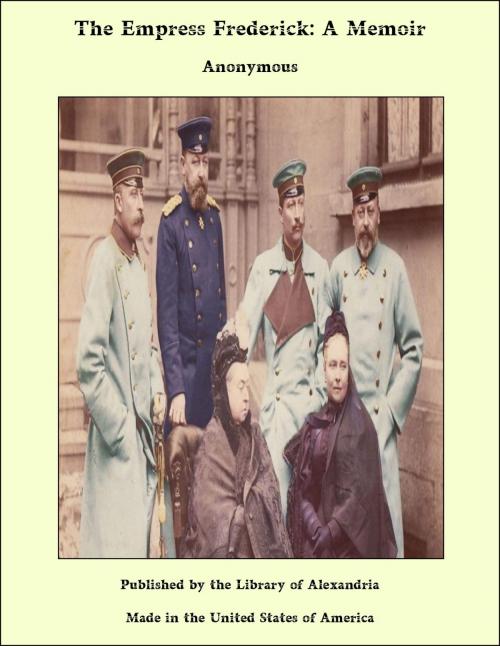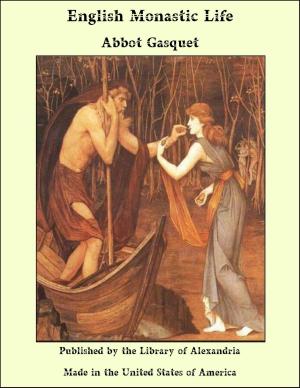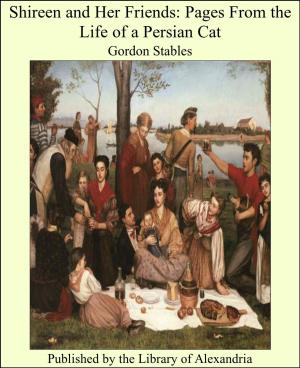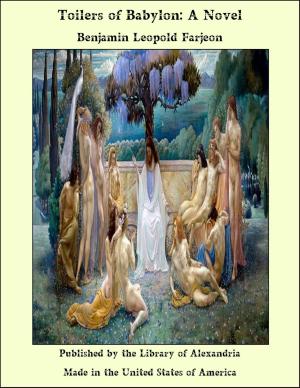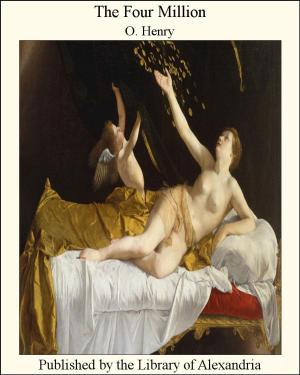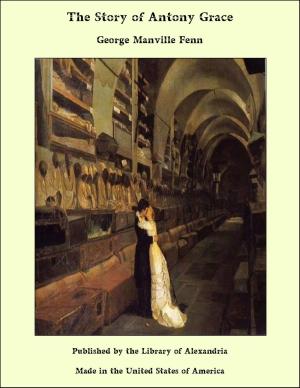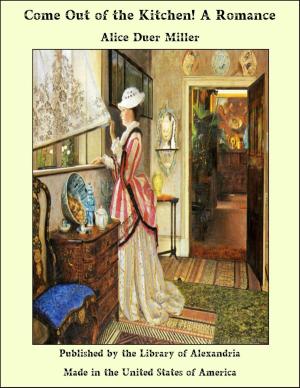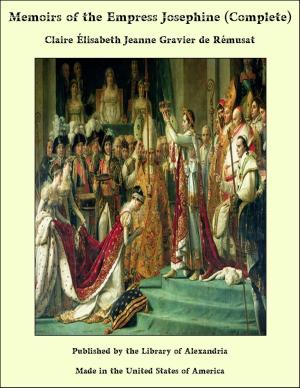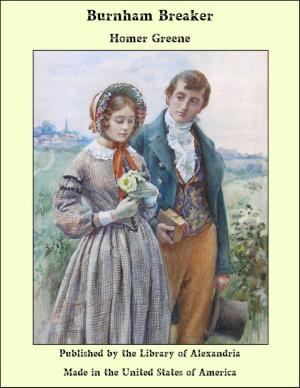The Empress Frederick: A Memoir
Nonfiction, Religion & Spirituality, New Age, History, Fiction & Literature| Author: | Anonymous | ISBN: | 9781465611116 |
| Publisher: | Library of Alexandria | Publication: | March 8, 2015 |
| Imprint: | Language: | English |
| Author: | Anonymous |
| ISBN: | 9781465611116 |
| Publisher: | Library of Alexandria |
| Publication: | March 8, 2015 |
| Imprint: | |
| Language: | English |
BEFORE the birth of the Princess Royal in November 1840, no direct heir had been born to a reigning British Sovereign for nearly eighty years. The Prince Regent, afterwards George IV, was born in 1762, two years after his father’s accession, and the death in childbirth of the Prince Regent’s daughter, Princess Charlotte, when she was only twenty, was still vividly remembered. Queen Victoria was now but little older than Princess Charlotte, and the birth of her first child was regarded with a certain anxiety by the nation. It might prove to be the only child, and in that event much would hang on the preservation of its life. Those members of the “Old Royal Family” who were next in succession were not popular, and the little Princess Royal may truly be described as having been the child of many prayers. It was natural that Queen Victoria should have recourse to Prince Albert’s confidential adviser, Baron Stockmar, the more so that he was a skilled physician. Stockmar therefore came to London early in November. Those were not the days of trained nurses, but rather of the types immortalised by Dickens, and it is interesting to find the shrewd old German, characteristically in advance of his time, urging the Prince to be most careful in the choice of a nurse, “for a man’s education begins the first day of his life, and a lucky choice I regard as the greatest and finest gift we can bestow on the expected stranger.”
BEFORE the birth of the Princess Royal in November 1840, no direct heir had been born to a reigning British Sovereign for nearly eighty years. The Prince Regent, afterwards George IV, was born in 1762, two years after his father’s accession, and the death in childbirth of the Prince Regent’s daughter, Princess Charlotte, when she was only twenty, was still vividly remembered. Queen Victoria was now but little older than Princess Charlotte, and the birth of her first child was regarded with a certain anxiety by the nation. It might prove to be the only child, and in that event much would hang on the preservation of its life. Those members of the “Old Royal Family” who were next in succession were not popular, and the little Princess Royal may truly be described as having been the child of many prayers. It was natural that Queen Victoria should have recourse to Prince Albert’s confidential adviser, Baron Stockmar, the more so that he was a skilled physician. Stockmar therefore came to London early in November. Those were not the days of trained nurses, but rather of the types immortalised by Dickens, and it is interesting to find the shrewd old German, characteristically in advance of his time, urging the Prince to be most careful in the choice of a nurse, “for a man’s education begins the first day of his life, and a lucky choice I regard as the greatest and finest gift we can bestow on the expected stranger.”
